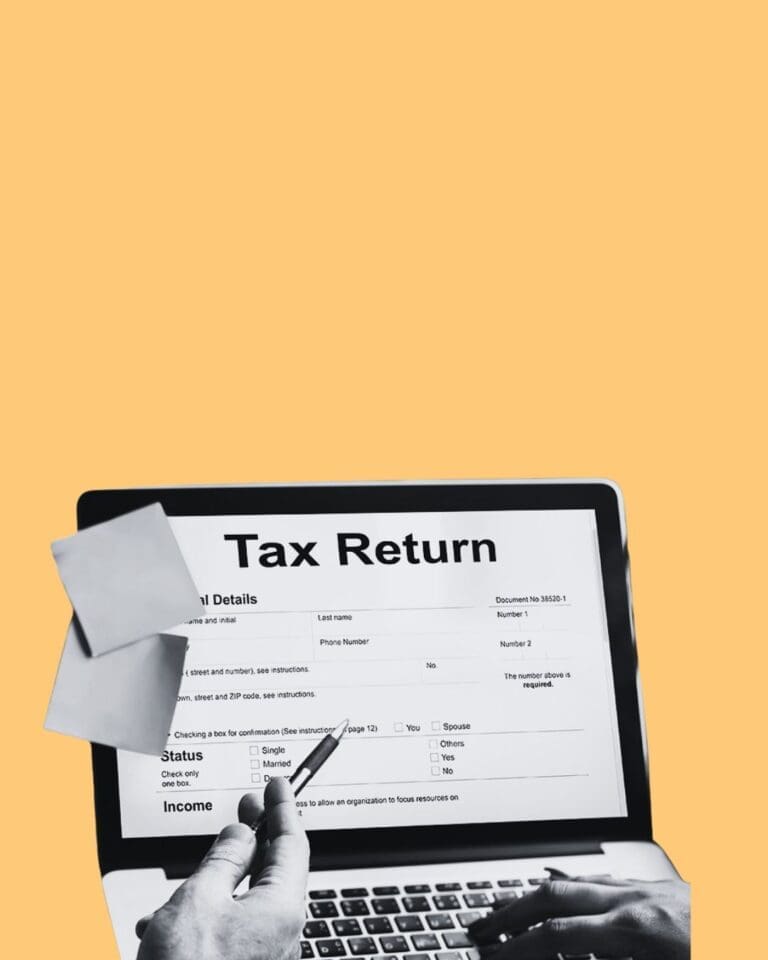Did you know that the humble Big Mac used to cost just 45 cents in 1967? Today, at the time of this article being published, it’s a whopping $7.55! Ever wondered why?
It’s all down to something called inflation. So, what is inflation? It’s like a giant, invisible hand that keeps nudging prices up. Inflation is one of the simplest yet most important concepts in economics. It’s just the average rate that prices are rising. And understanding it can help us make smarter financial decisions.
What is Inflation
Inflation is the gradual increase in the general price level of goods and services in an economy over time. It results in the purchasing power of a currency diminishing, meaning that the same amount of money can buy fewer goods or services than it could in the past. And it covers everything, from the price of a house to a leg wax or bottle of whisky.
Every change in price gets crunched into a single number – the rate of inflation. It’s like the heartbeat of an economy, helping governments set welfare payments and us decide how much to ask for a pay rise. Various factors, including increased demand for goods and services, rising production costs, or changes in monetary policy, can cause inflation. Moderate inflation is a normal and healthy aspect of a growing economy, as it encourages spending and investment. However, excessive or hyperinflation can harm an economy, eroding savings and causing economic instability. Picture Zimbabwe in 2008, prices were doubling every 24 hours! It was like a treadmill that kept speeding up until it was impossible to keep pace. Before long, everyone was a trillionaire, and they ran out of paper to print all the banknotes. Crazy, right?
Is Inflation Bad?
While inflation isn’t great, it isn’t always the villain either. A small dose of it can be good, like a pinch of salt in a recipe. It helps keep an economy growing and prevents the threat of deflation, which is like the economy catching a cold.
If you’re in debt, some inflation can be a good thing. Imagine taking out a mortgage on a low-interest rate before a property boom. While your property’s value increases, your mortgage value stays the same. But for savers, inflation is a sneaky pickpocket. Today, $100 stashed in your piggy bank will buy you less in five years.
How Does Inflation Effect Loans?
So how does this affect personal loans? For the borrower, when you have a fixed-rate personal loan, the real value of your debt decreases as prices rise. This means that you may effectively owe less in real terms, making it easier to repay your loan. On the flip side, applying interest can counteract the effects of inflation if you are lending money. This can help ensure you get the same value back or the same purchasing power back on your loan.
If you are considering borrowing or lending money, you should consider the duration of the loan, predicted inflation rates and plan accordingly. Due to the current high inflation levels in the economy, Chipkie supports up to 10% interest on loans to friends and family. This can help ensure you get the same value back or the same purchasing power back on your loan. This is especially important for those larger loans spread over a longer duration, typically over 12 months or more.





